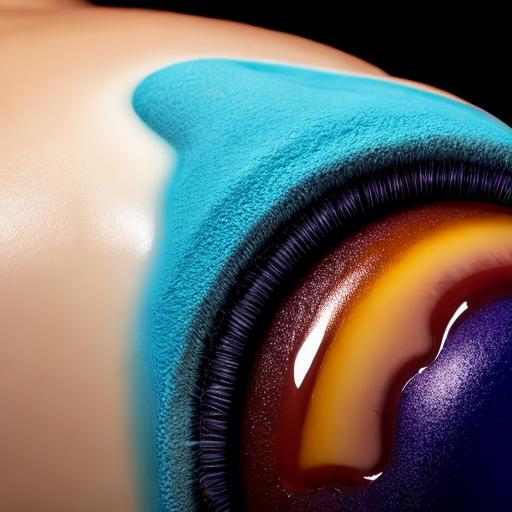The Science of Exfoliation and Dead Skin Cell Removal
Welcome to our in-depth article on the science of exfoliation and dead skin cell removal. In this article, we will explore the benefits, techniques, and products associated with exfoliation, helping you understand how it can contribute to healthier and glowing skin.
What is Exfoliation?
Exfoliation is the process of removing dead skin cells from the surface of your skin. Our skin naturally sheds dead cells, but sometimes this process can become inefficient, leading to a buildup of dead skin cells. Exfoliation helps to accelerate the shedding process, revealing fresh and rejuvenated skin underneath.
The Benefits of Exfoliation
Regular exfoliation offers numerous benefits for your skin:
- Improved Skin Texture: Exfoliation helps to smoothen rough skin, leaving it soft and supple.
- Enhanced Skin Radiance: By removing dead skin cells, exfoliation reveals a brighter and more youthful complexion.
- Unclogged Pores: Exfoliation helps to remove dirt, oil, and debris from your pores, reducing the likelihood of breakouts.
- Reduced Appearance of Fine Lines and Wrinkles: Regular exfoliation can stimulate collagen production, promoting firmer and more elastic skin.
Exfoliation Techniques
There are two main types of exfoliation: physical and chemical.
Physical Exfoliation
Physical exfoliation involves using a scrub or tool to physically remove dead skin cells. Common physical exfoliants include sugar or salt scrubs, brushes, and exfoliating gloves. When using physical exfoliants, it’s important to be gentle and avoid excessive scrubbing, as this can cause skin irritation.
Chemical Exfoliation
Chemical exfoliation involves the use of acids or enzymes to dissolve dead skin cells. Alpha hydroxy acids (AHAs) and beta hydroxy acids (BHAs) are commonly used in chemical exfoliants. AHAs, such as glycolic acid, work on the skin’s surface, while BHAs, like salicylic acid, penetrate deeper into the pores. Chemical exfoliation is often preferred for sensitive skin types.
Choosing the Right Exfoliation Products
When selecting exfoliation products, it’s important to consider your skin type and the specific concerns you want to address. Here are some popular options:
- Physical Exfoliants: Look for gentle scrubs with natural ingredients like sugar or jojoba beads.
- Chemical Exfoliants: Consider products with AHAs or BHAs, depending on your skin’s needs.
- Exfoliating Cleansers: These multitasking products combine cleansing and exfoliating properties, making them convenient for daily use.
- Exfoliating Masks: Masks provide a deeper exfoliation and can target specific skin concerns like acne or dullness.
How Often Should You Exfoliate?
The frequency of exfoliation depends on your skin type and the product you are using. As a general guideline:
- Normal to Dry Skin: Exfoliate 1-2 times per week.
- Oily or Acne-Prone Skin: Exfoliate 2-3 times per week.
- Sensitive Skin: Exfoliate 1 time per week or opt for gentler exfoliation methods.
Precautions and Aftercare
While exfoliation can greatly benefit your skin, it’s important to follow these precautions:
- Do not exfoliate if you have open wounds, sunburn, or any skin conditions.
- Avoid exfoliating too vigorously, as it can damage your skin’s protective barrier.
- Always moisturize your skin after exfoliation to maintain hydration.
- Wear sunscreen daily, as exfoliation can increase sun sensitivity.
Conclusion
Exfoliation is a scientifically proven method to achieve healthier and more radiant skin. By understanding the benefits, techniques, and products available, you can incorporate exfoliation into your skincare routine effectively. Remember to choose the right exfoliation method for your skin type and follow the recommended frequency to avoid over-exfoliation. With regular exfoliation, you can say goodbye to dull and lackluster skin, and hello to a fresh and glowing complexion!
Links may contain advertisements. If you make a purchase through such a link, we may receive a small commission. Costs or even additional costs are excluded for you as a buyer. All trademarks are the property of their respective trademark owners.




